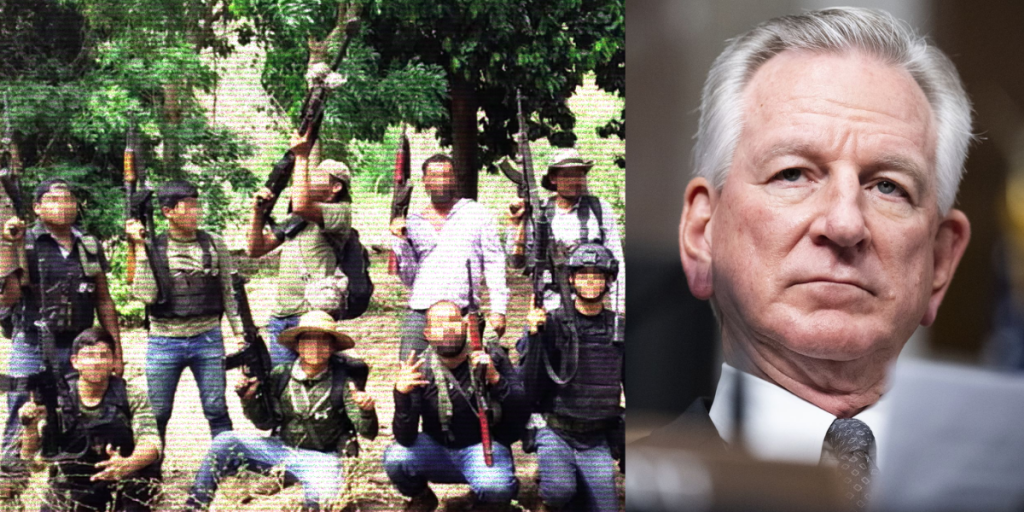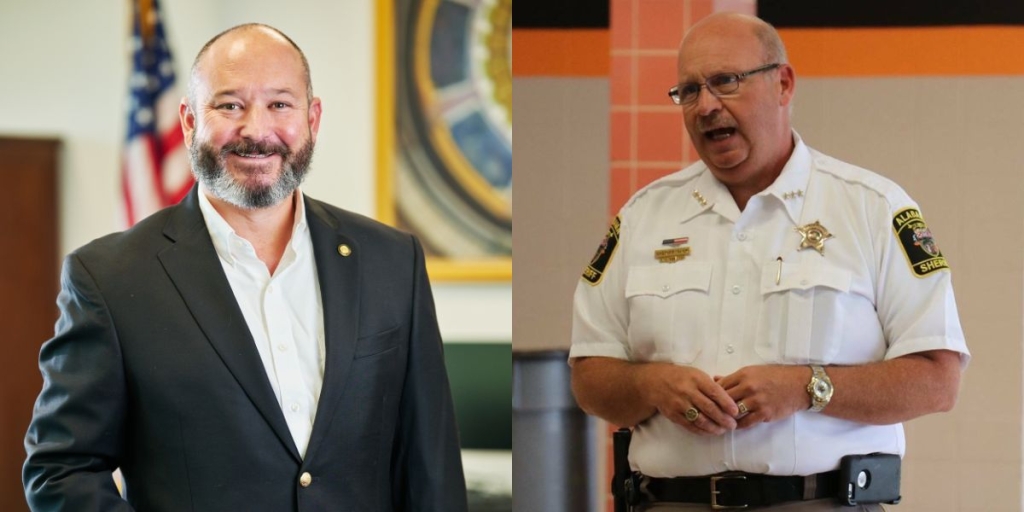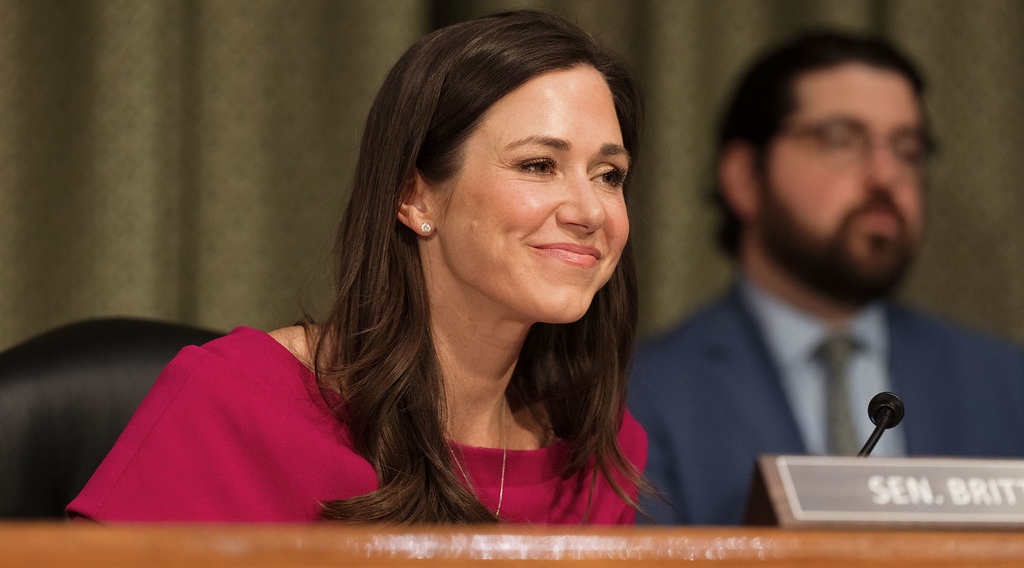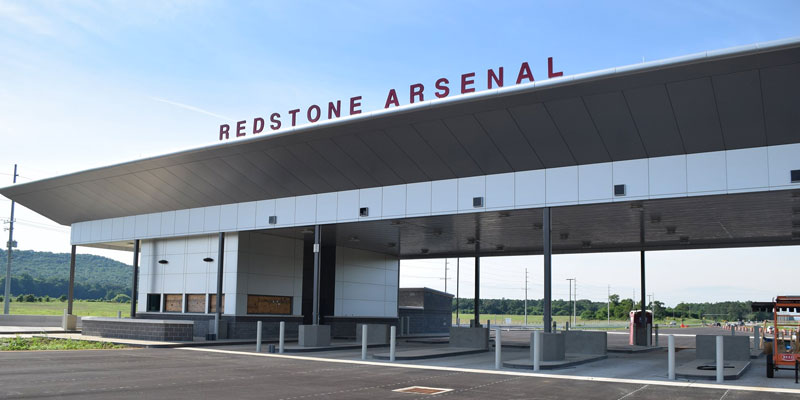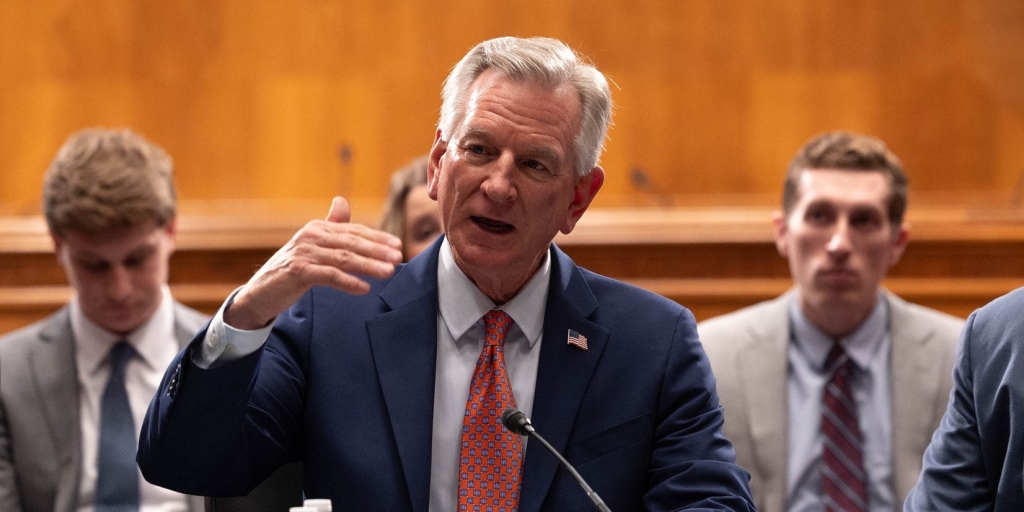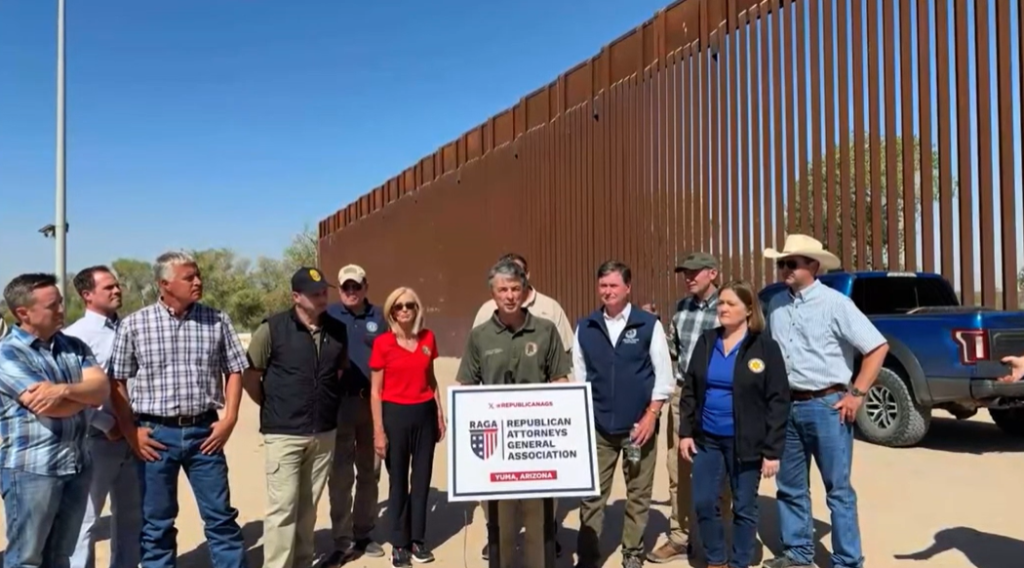A “nightmare” drug that has caused devastation and death throughout Alabama and across the country was the central topic Wednesday at a hearing of the Homeland Security Subcommittee of the Senate Committee on Appropriations.
Sens. Katie Britt (R-Montgomery) and Chris Murphy (D-Conn.) led the hearing with U.S. Customs and Border Protection and Homeland Security officials. from Home Security Investigations.
“Fentanyl is a nightmare like nothing that this country has ever seen before,” Murphy said. “I think every member of this sub committee has family members or met with family members inside their communities that have lost a loved one to fentanyl.”
“The fact of the matter is this is a product that is being trafficked into the United States by criminal organizations that have their roots in Mexico and other places south of our southern border. We have faced a lot of drug epidemics over the years but this one is different and it requires a different more focused approach from this Congress.”
Britt agreed with Murphy’s assessment.
“The cartels and transnational criminal organizations that bring fentanyl into America and engage in human trafficking, including that of children must be stopped,” she said.
“The Department of Homeland Security with its broad authorities and dedicated work force plays an important part in these efforts. In particular, Customs and Border Protections Office of Field Operations and Immigration and Custom Enforcement’s Homeland Security Investigations.”
Britt’s first question during the hearing involved the level of communication and coordination between the two agencies.
“I believe that combating this has to be a comprehensive approach. My question really is, ‘how are you all communicating?’” said Britt. “I know under the Department of Homeland Security each of you has your individual lane but how are we ensuring that we are sharing the information that is needed to actually take down these cartels? Who is responsible for that?”
Matthew Millhollin, assistant director for Countering Transnational Organized Crime of Homeland Security Investigations, answered Britt.
“We are communicating daily on these types of issues,” he said. “We have over 7,000 special agents within the United States. We respond to every single seizure made by CBP at a port of entry, whether that’s land, sea, or air.”
“So we inherently have a lot of overlap in the things that we do.”
Britt, however, wanted specifics.
“Is there a person that oversees this … that connects the dots between the two?,” she asked. “Or is it just on case by case basis?”
Diane Sabatino, deputy executive assistant commissioner of Field Operations for U.S. Customs and Border Protection, took the question.
“I think we have to look at it at the different levels of the organization, certainly at our port levels,” Sabatino said. “Our port directors are responsible for ensuring those relationships, and we have great relationships with HSI.”
“Again, we are having them respond to seizures but also sharing the information and the analysis, the post seizure analysis, and feeding that into our intelligence cycle.”
Millhollin then spoke about the cartels largely responsible for the massive flow of fentanyl across the border.
“My colleagues talked a little bit about the two largest cartels in Mexico, Sinaloa and the Jalisco cartels,” said Millhollin. “They have tentacles into every single city in this country.”
Britt was shocked.
“In this country?” Britt asked.
Millhollin answered in the affirmative.
“In this country,” Millhollin said. “And that’s how they sell their drugs and that’s how they kill our citizens.”
Britt also showed concern that the cartels could be gaining influence within the U.S.
“Are the Mexican drug cartels gaining footholds here in our country?” said Britt.
“They definitely have a big influence here in our country,” said Millhollin.
Britt again, wanted specifics.
“Do you see that trend moving to where they have more and more influence?” she asked.
Millhollin was unwilling to provide many specifics and responded, “I don’t know that they have more and more influence, I know that we are committing more and more resources towards it with HSI every year.”
Britt finished her line of questioning by asking what the difference was between the two groups’ efforts nationally, as opposed to internationally.
“We have 7,000 special agents in HSI,” Millhollin said. “We have a huge overseas presence. We look at this as a worldwide issue. Partnerships are our main focus, not only domestically through our border enforcement security task forces, through our partnerships with CBP. But also internationally, this starts internationally.”
Austen Shipley is a staff writer for Yellowhammer News.





